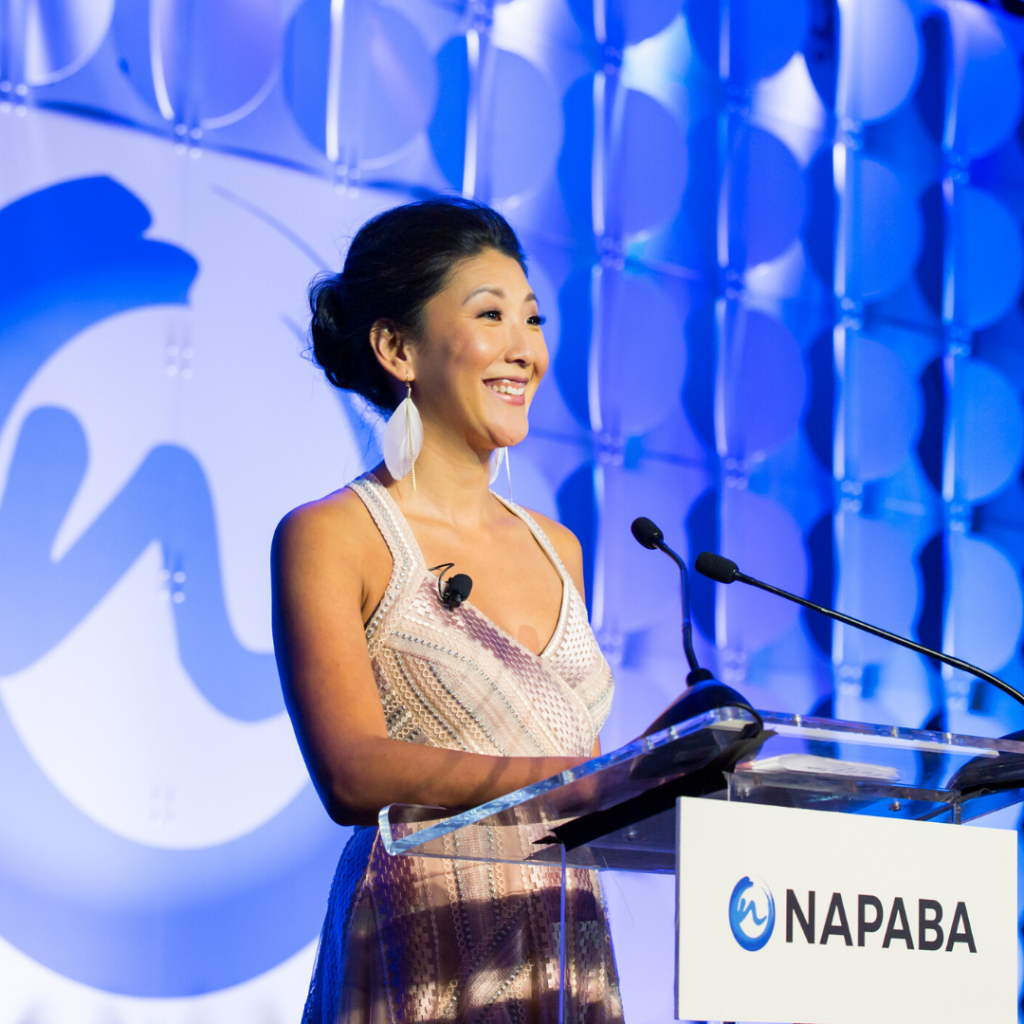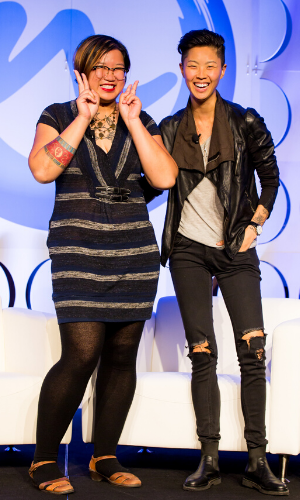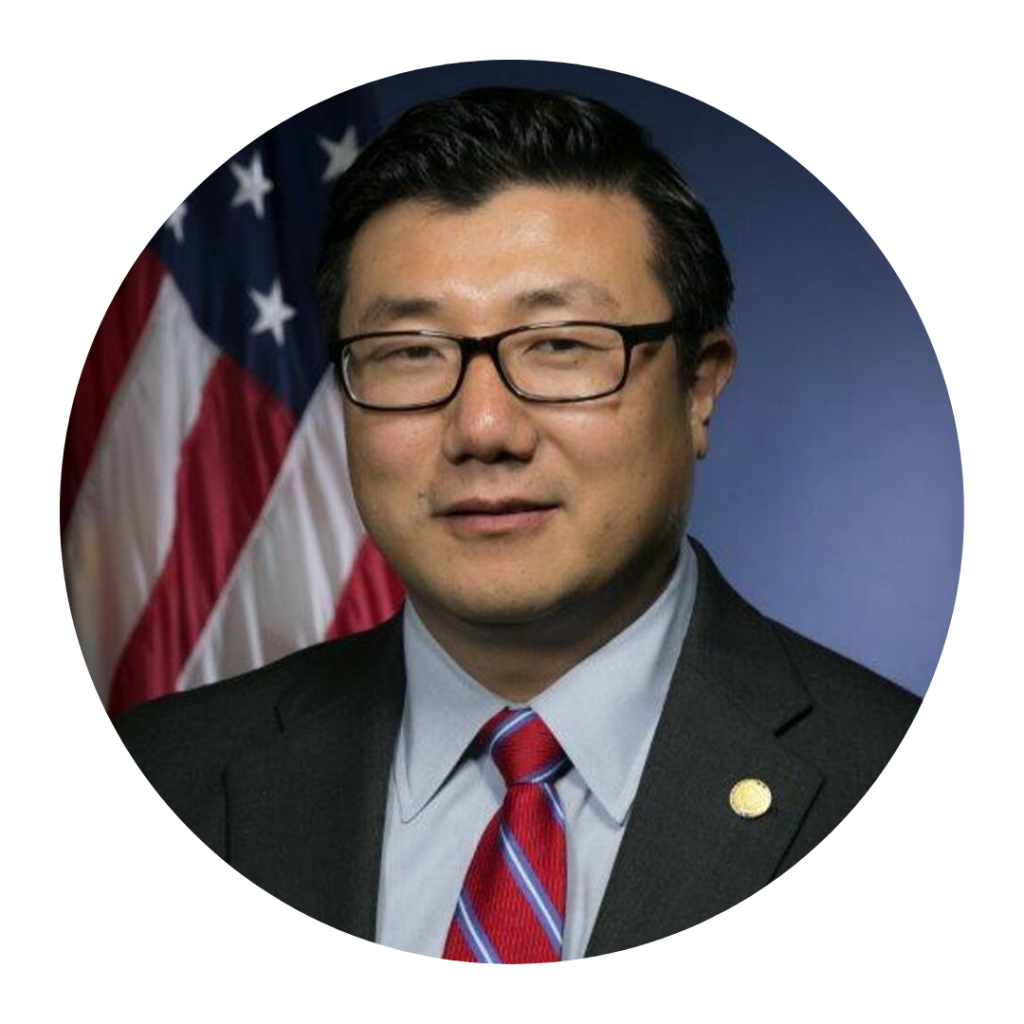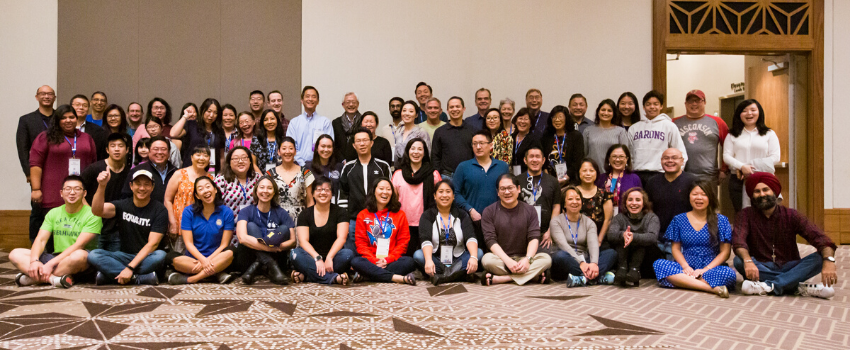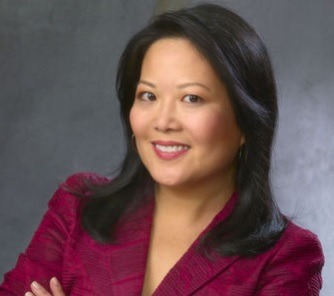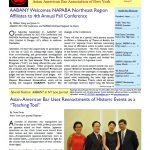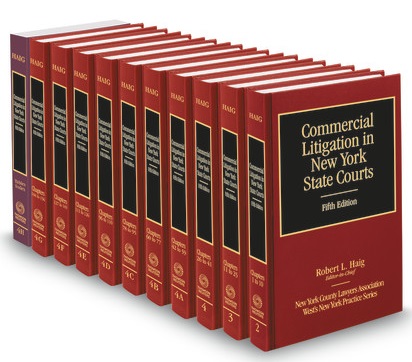
As a young practitioner, I often found the New York Civil Practice Law and Rules (CPLR) to be a daunting and dizzying set of rules. How do I know if I need to file a summons or summons and complaint? When do I file a Request for Judicial Intervention? How do I establish jurisdiction under New York’s long-arm statute? What is the statute of limitations to commence an Article 78 proceeding? Before diving into electronic searches, my first stop was often to peruse the treatises in the firm’s law library or from the collections of more senior associates. While electronic research was the norm even when I was in law school, I still found flipping through the hard copy books to be beneficial. I advise the associates who now work for me to do the same.
Thus, I had a great deal of nostalgia when I opened the box containing the ten-volume set of hard-covered books (and one soft-covered index) of this treatise. They now take up a prominent and easy-to-reach location on my bookshelf. This is the Fifth Edition of this treatise that was first published in 1995 and last updated in 2015. The 156 chapters cover more than just the step-by-step practical advice for every phase of litigation. There are 64 chapters covering some of the most commonly encountered areas of substantive law in commercial cases, including contracts, securities, business torts, antitrust, and intellectual property. The authors of each chapter are a veritable “Who’s Who” of prominent practitioners and jurists. Each chapter begins with a “Scope Note” providing a brief overview of the chapter within and each chapter ends with “Practice Aids” usually consisting of checklists and sample forms. The chapters also contain helpful cross-references to other chapters within the treatise when they touch upon those subjects.
As someone who typically practices in federal court, I found the chapters that compare and contrast the various rules in federal and state court and outline the benefits and pitfalls of each forum particularly helpful. Naturally, Chapter 11 (Comparison with Commercial Litigation in Federal Courts) is a prime example with a checklist of key distinctions between the federal rules and the CPLR. It also outlines some important differences in discovery, including the blanket stay of discovery pending the determination of a motion to dismiss in state court and the somewhat piecemeal approach governing electronic discovery in state court as opposed to the federal rules. Similarly, Chapter 39 (Practice Before the Commercial Division) is a must-read to understand how the statewide rules of the Commercial Division differ and/or interact with the CPLR, especially in discovery. I have also relied on many of the substantive legal chapters as references. For example, Chapter 124 (Antitrust Litigation) provides a thorough overview of the Donnelly Act and the common threads between antitrust litigation in federal court and at the state level.
I have also tabbed the over 500 pages within Chapter 8 (Responses to Complaints) which expertly outlines the procedural steps and the myriad of tactical decisions that arise after a plaintiff files its initial papers. It is not limited to the issues faced by a responding defendant but also summarizes plaintiff’s options when facing a motion to dismiss. I recently relied on the discussion regarding general and specific denials to explain to a client, who is normally in a jurisdiction that permits a single non-specific denial of all allegations in the complaint, why specific denials were necessary in New York. I also used the overview of CPLR 3211 to explain how our approach to a motion to dismiss would differ in state court if we chose not to remove to federal court.
This latest edition adds 28 new chapters from the prior version addressing increasingly important issues to litigators today. These chapters cover a wide range of topics such as Artificial Intelligence, Comparison with Commercial Litigation in Delaware Courts, Fashion and Retail, Private Equity, and Third-Party Litigation Funding, to name a few. One new addition — Chapter 14 (Business Courts)—provides an excellent overview for proceeding in these specialized tribunals around the country. It lays out various pretrial procedural factors that a litigator should consider before commencing an action in any business court and highlights the practice in jurisdictions such as New York, California, Delaware, Illinois, Massachusetts, New Jersey, North Carolina, Georgia, Connecticut, and Arizona. With a large part of my practice involving litigation with foreign parties, I found Chapter 13 (Comparison with Commercial Litigation in Foreign Courts) and Chapter 23 (Cross-Border Litigation) as welcome additions. Chapter 13 sets forth a broad overview of practicing in two common law countries (England and Australia) and three civil law countries (France, Germany, and Russia). Chapter 23 offers an exceptional summary of data privacy issues from foreign jurisdictions and an overview of various forms of injunctive relief that should be considered to preserve or restore the status quo.
Finally, as a former affinity bar president and as someone with an active role in diversity and inclusion efforts within my firm, I was excited to see Chapter 83, the inaugural chapter on Diversity & Inclusion in commercial litigation in New York. The chapter amplifies many of the well-known reasons of why diversity is important to litigators: diverse and inclusive teams generate more innovative and creative results by bringing different perspectives to bear; diversity and inclusion is important to clients and judges; and, increasingly diverse juror pools connect better to diverse trial teams. It stresses the importance of intentionally including diverse perspectives in every aspect of litigation from pre-complaint through trial. While I wish there was more in-depth discussion of best practices, I appreciated the spotlight on the importance of implicit bias training and of firm management’s leadership of these efforts in order to improve the retention of diverse attorneys.
I have only scratched the surface of the numerous topics and features of this treatise. From my perspective, all litigators would benefit from this invaluable resource.
For information on ordering your own set of this resource go to: https://store.legal.thomsonreuters.com/law-products/Forms/Commercial-Litigation-in-New-York-State-Courts-5th-Vols-2-4H-New-York-Practice-Series/p/106667772
.
Brian W. Song is a Partner in the New York Office of BakerHostetler. He represents clients in complex commercial litigation and criminal matters in state and federal courts. Brian has particular experience in the areas of securities litigation and white collar criminal defense, where he has represented clients in connection with investigations conducted by the U.S. Department of Justice, the Securities and Exchange Commission (SEC), the Financial Industry Regulatory Authority (FINRA) and state regulators. Brian is a former President of the Asian American Bar Association of New York.



